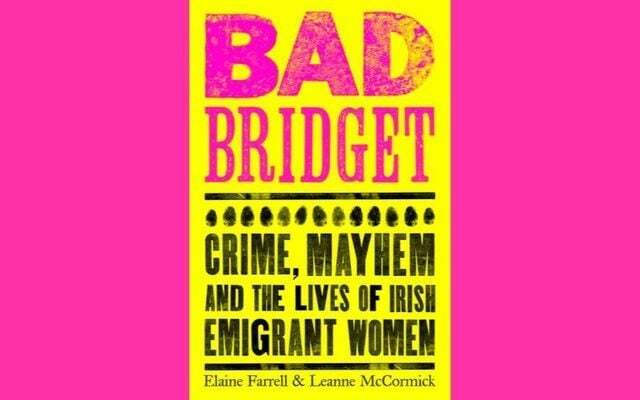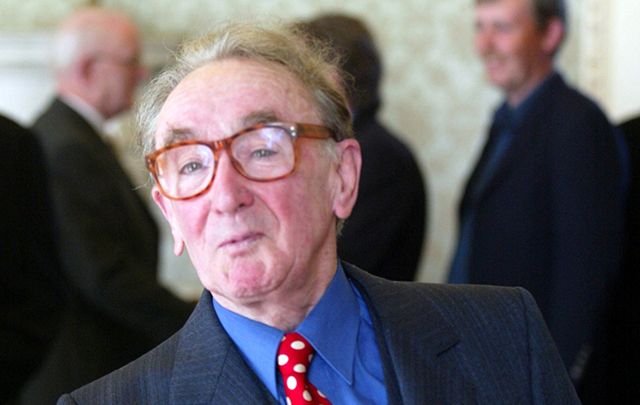Richard Peppiatt, the BAFTA-winning director of "Kneecap," is set to write and direct a film adaptation of “Bad Bridget: Crime, Mayhem, and the Lives of Irish Emigrant Women” by Elaine Farrell and Leanne McCormick.
Peppiatt and his "Kneecap" producer Trevor Birney optioned the book earlier this year, Variety has reported.
The Belfast-based duo will be producing alongside Margot Robbie's LuckyChap Entertainment for their Coup d’Etat Films banner, which launched last year.
The script for the new "Bad Bridget" film has been developed with the support of Queen's University Belfast, Variety reported.
A logline for the project says: "Set in the 19th century against the backdrop of a famine-ravaged Ireland, the story focuses on two sisters who make a treacherous journey to America to escape an abusive father, poverty and hunger.
"Once in New York, they join the ranks of Irish so-called 'Bridgets' creating mayhem in the city."
Daisy Edgar-Jones, who shot to fame on the award-winning television adaptation of Sally Rooney's novel "Normal People," has been cast to lead Peppiatt's upcoming film alongside Emilia Jones.
“Bad Bridget” is set to shoot in Northern Ireland and Ireland in spring 2026.
Oscar-winning production designer James Price and costume designer Kate Hawley are also on board.
— Rich Peppiatt (@richpeppiatt) October 31, 2025
"Bad Bridget"
Published in 2023, "Bad Bridget: Crime, Mayhem and the Lives of Irish Emigrant Women" explores how immigrant Irish women often descended into crime in 19th-century North America.
The book was the result of more than 10 years of painstaking research and details some of the most shocking statistics associated with crime among Irish women in three North American cities - Toronto, New York, and Boston - in the decades following the Great Hunger.
"We think that it’s important to tell the story of the Irish girls and women accused of committing crimes because it offers an insight into the realities of life in 19th and early-20th-century North America," Farrell and McCormick told IrishCentral last year.
"It shows the complexities of experiences, including the poverty, addiction, lack of support networks, family struggles, and survival strategies. It shows vulnerability as well as women’s agency.
"The figures are important because they show that it wasn’t just one or two Irish girls and women getting into trouble with the law, but thousands and thousands.
"But the numbers can also be quite misleading. Prison registers, for instance, document the girls and women who ended up behind bars, but it’s impossible to know who was guilty or not guilty. Likewise, these records do not tell us anything about those who got away with the crime."
The two authors also hosted the "Bad Bridget" podcast.




Comments